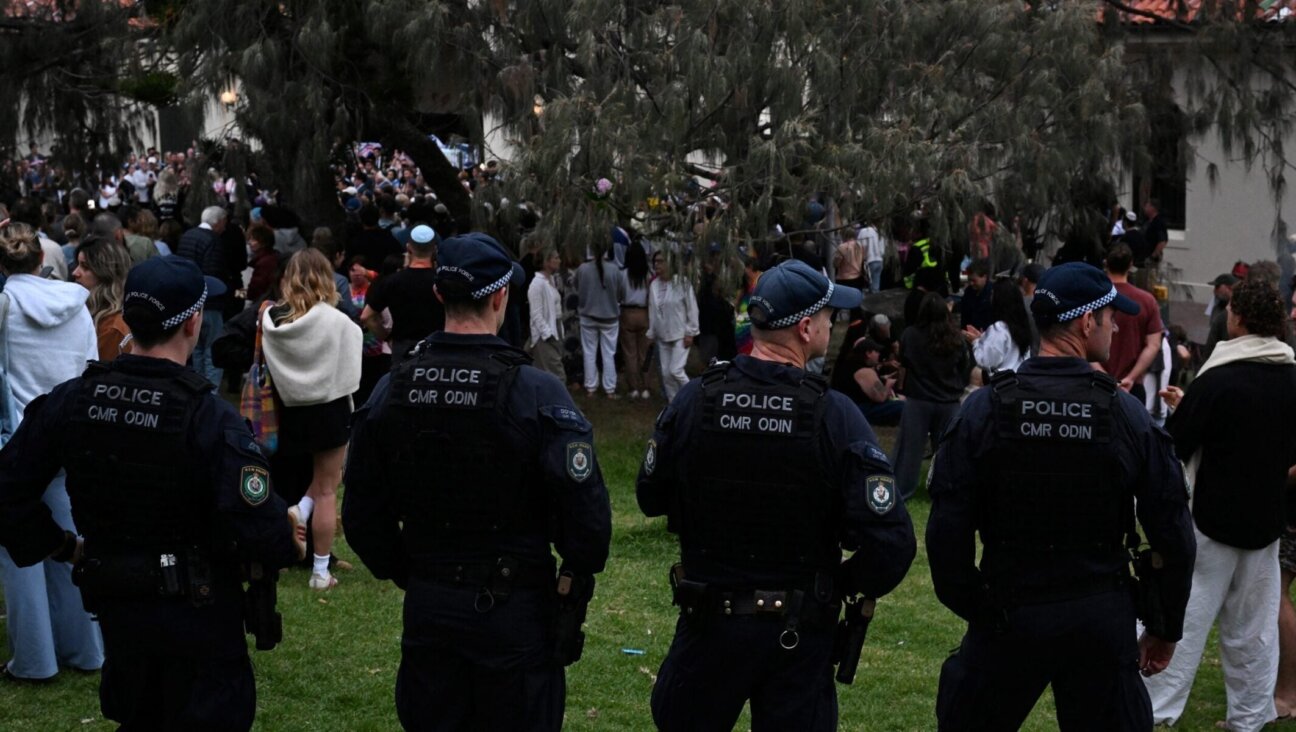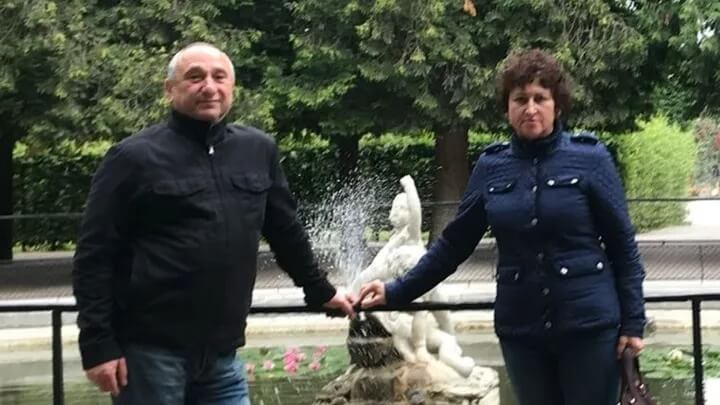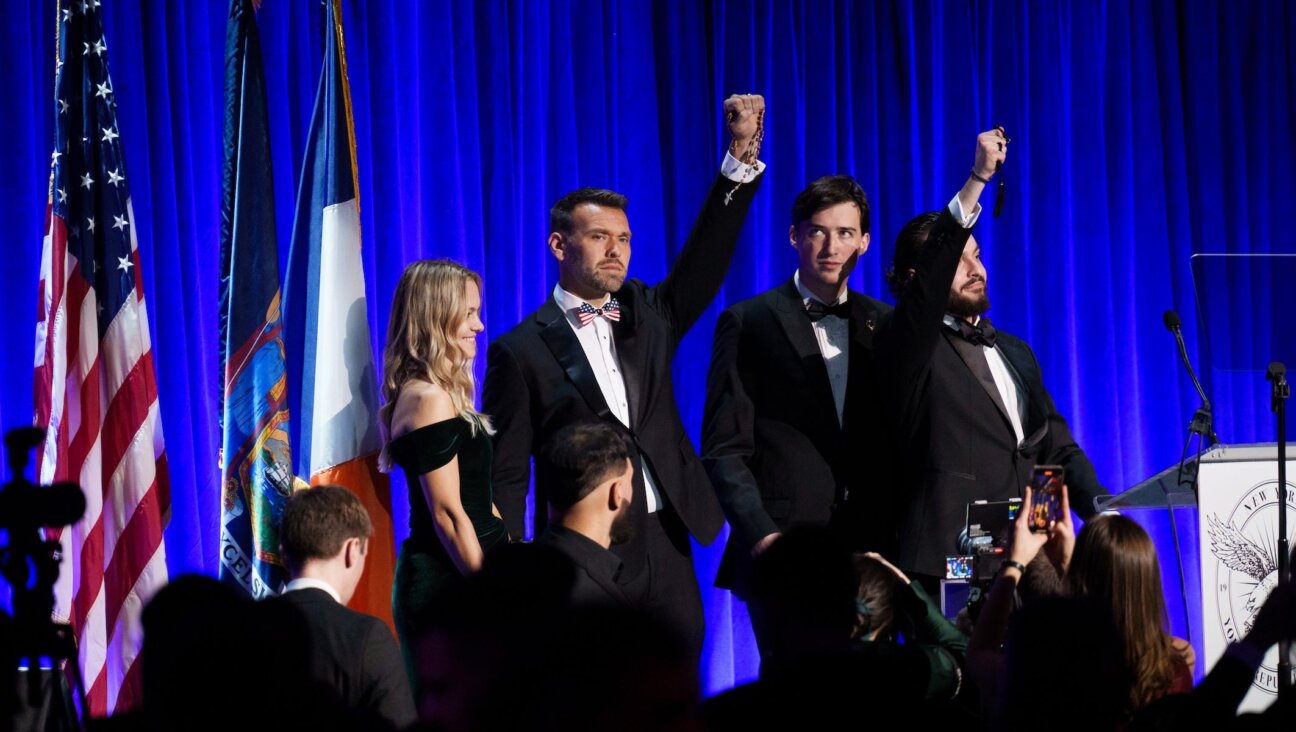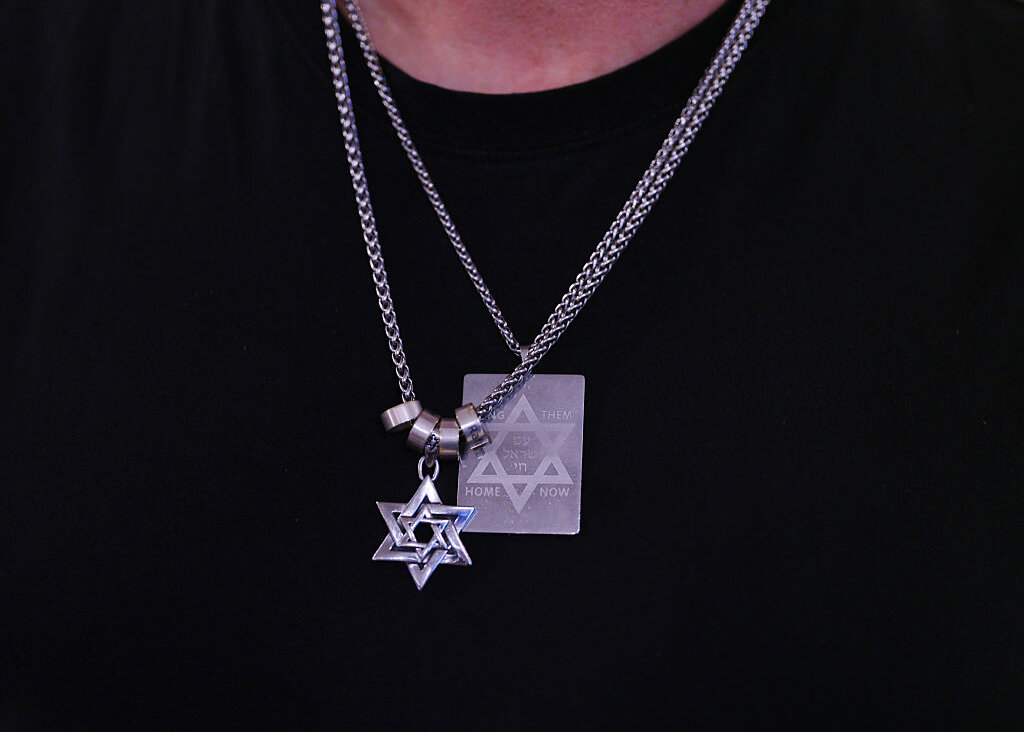Israel Security Chief Praises Saudis in New Sign of Warming Ties

Image by getty images
Israel’s top intelligence official offered Saudi Arabia rare public praise on Wednesday for what he deemed its efforts, under King Salman, to lead “pragmatic” Sunni Muslim states confronting Iran and to overhaul Riyadh’s oil-dependent economy.
The tribute by military intelligence chief Major-General Herzi Halevy at an international security forum followed years of veiled references by Israel to back-channel contacts with Gulf Arab powers – despite their lack of formal bilateral ties.
But Saudi Arabia, the birthplace of Islam, sees itself as a champion of Muslim rights, rejects recognition of Israel short of a wider settlement satisfying Palestinian demands for a state in Israeli-occupied territory, and has always vehemently denied reports of any secret communications.
“This is not the same Saudi Arabia that we saw a year and a half ago. There is a different king, with a support network around him,” Halevy told the Herzliya Conference, referring to Salman’s accession.
“Saudi is much more proactive, aspiring to lead the Sunni camp in the Middle East. It is the country that has perhaps taken the strongest stand in the face of Iran in the Middle East, and it is carrying out very deep structural reforms whose bottom line is to bring about a Saudi Arabia in 2030 with a different economy that is not dependent on oil, etcetera.”
Riyadh and other Gulf Arab states shared Israeli unhappiness with last year’s U.S.-led nuclear deal with Iran, saying it failed to sufficiently cap the Islamic Republic’s capacity to build a bomb while granting it a windfall in sanctions relief that could be used to buy arms for its regional allies.
“There is an interesting phenomenon here: Some of these pragmatic Sunni countries are getting close to our interests,” Halevy said. “This is an interesting matter. There is an opportunity here.” He did not elaborate.
Israel has long talked about a “new horizon” in the Middle East, in which has had common ground with Sunni Arab states such as Egypt and Saudi Arabia in their wariness towards Iran. Israel has also talked recently about its openness to a 2002 Saudi initiative for a comprehensive agreement with the Palestinians, although there appears to be little momentum in that direction.
Under Salman, Saudi officials still say they cannot work with Israel, pointing to its rejection of the Riyadh-sponsored peace plan offering normal relations in return for an end to occupation and solution to the Palestinian refugee problem.
In a separate address to the Herzliya Conference, Dore Gold, director-general of Israel’s Foreign Ministry, said there was dialog under way with Arab countries that he could not name, given the interlocutors’ worries about domestic public opinion.
“Under the ice, a lot of hot water is flowing,” Gold said.—Reuters
















